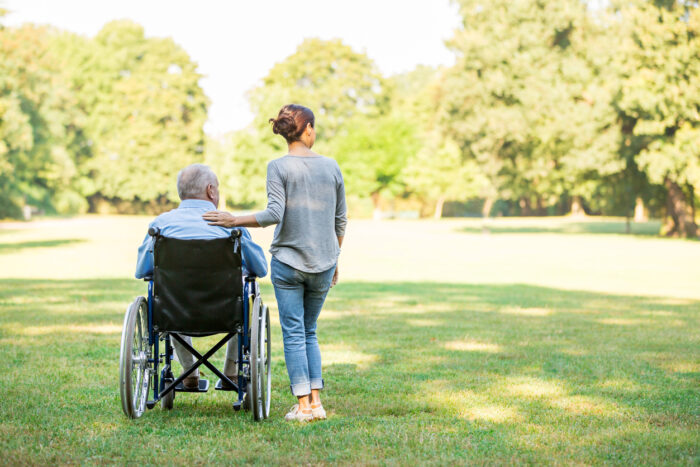In the dynamic landscape of medical advancements, spinal implants have emerged as a groundbreaking solution for patients with spinal cord injuries. It is both thrilling and promising to witness these transformative developments that hold the potential to significantly improve the lives of those who have suffered from spinal trauma during negligent medical treatment.
Spinal cord injuries are often catastrophic – whether caused by medical negligence or indeed a serious injury, leading to profound physical and emotional consequences for the affected individuals. Traditional treatments for spinal injuries have been limited in their ability to restore lost function or provide meaningful relief. However, recent strides in spinal implant technology are opening new doors for patients and legal professionals alike.
State-of-the-art spinal implants
The field of spinal implants has witnessed remarkable progress, with innovative devices and techniques taking centre stage. Implants, such as neural stimulators and neuroprosthetics, are designed to bridge the communication gap between the brain and the rest of the body, offering hope to those who have lost mobility and sensation due to an injury to the spine.
Neural stimulators, for instance, work by delivering electrical impulses to the spinal cord, effectively bypassing damaged areas and restoring communication between the brain and nerves. This breakthrough technology has shown promising results in enabling patients to regain motor function, sensation, and even independence in their daily lives.
This technology is still at trial stages but is showing promising progress. In 2018, patients who had residual leg sensation or movement were able to walk and cycle. After 4 or 6 months, all three participants in the study were able to walk across the ground using only a walker for stability. Using different stimulation patents, participants in a new study could swim, cycle, and do leg presses and sitting forward bends. A further study with yet more improved technology is being conducted this year.
Improved quality of life
The positive impact of these spinal implants could have on the lives of patients cannot be overstated. Many individuals who have experienced spinal trauma due to medical negligence are often left with life-altering consequences. The prospect of spinal implants providing a pathway to improved mobility and enhanced quality of life is a beacon of hope.
The emergence of advanced spinal implants raises important questions in the legal realm. As medical negligence solicitors, our role becomes increasingly crucial in navigating these uncharted waters. Holding healthcare providers accountable for substandard care or negligence that led to a spinal injury gains new significance when advancements in technology offer avenues for recovery.
Ensuring that our clients have access to the latest and most effective treatments becomes a central focus. In cases where medical negligence has caused or contributed to a spinal injury, it is essential to pursue compensation that not only addresses past and present suffering but also considers future medical needs, including the potential utilisation of cutting-edge spinal implant technology.
The exciting developments in spinal implants bring with them a sense of optimism and possibility for individuals who have endured spinal cord injuries. We find ourselves at the intersection of law and medical progress, advocating for our clients and embracing the potential of these innovative technologies to transform lives. The journey towards justice and recovery becomes even more compelling as we witness the evolution of spinal implant technology, offering hope for a brighter and more empowered future for those who have suffered spinal trauma.
We work alongside a team of personal injury experts, who are partnered with the Spinal Injuries Association. Together we represent individuals who have sustained spinal cord injuries, whether as a result of medical negligence or a serious or catastrophic injury.



